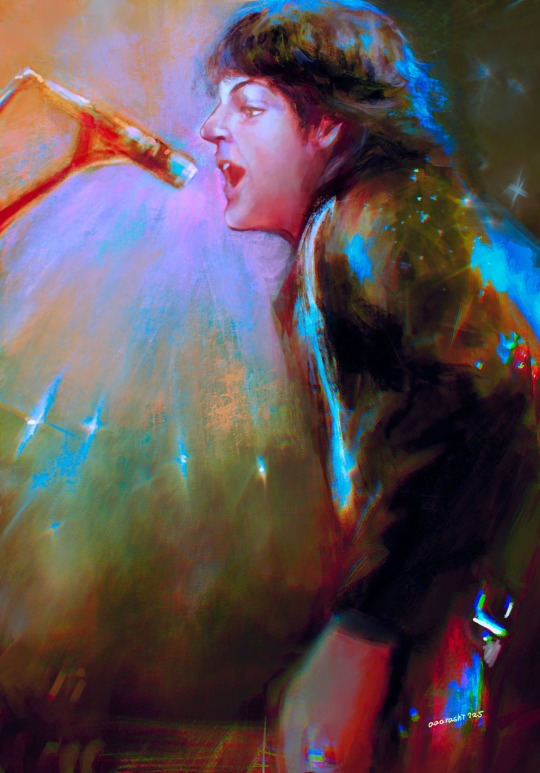lucifernandis
66 posts
the beatles and mclennon enjoyer 🪲
Don't wanna be here? Send us removal request.
Text



“John turns down Paul in the late 60’s and regrets it his whole life” is my favorite headcanon here is an unrealistic and stupid conversation I dreamt about
314 notes
·
View notes
Text
John had been sitting around very enigmatically and I had a big vision of him as a king, the absolute Emperor of Eternity.


As Paul McCartney would go on to say, “When I came out to write with him the next day, he was kipping on the couch, very bleary-eyed. It was really an anti-John song. He told me later, he didn’t tell me then, he said he’d written it about himself, feeling like he wasn’t going anywhere.”




Paul McCartney, c/o Barry Miles, Many Years From Now. (1997); The Beatles classic that Paul McCartney describes as “an anti-John song”
#mclennon#i am he as you are he as you are me and we are all together#john lennon#paul mccartney#the beatles#mine
74 notes
·
View notes
Text


Guess who’s back.
107 notes
·
View notes
Text
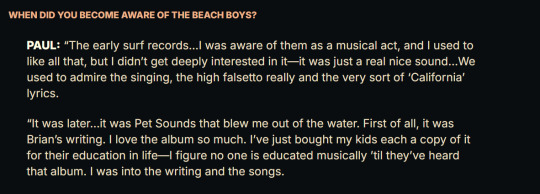

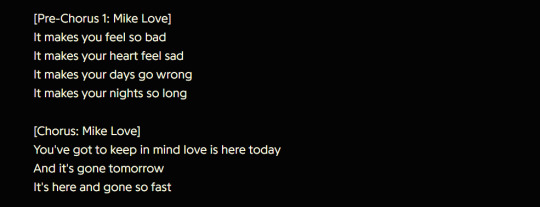
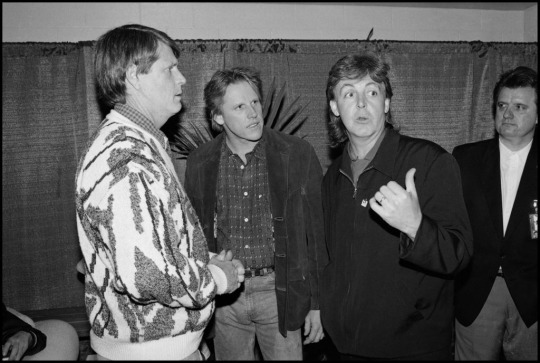

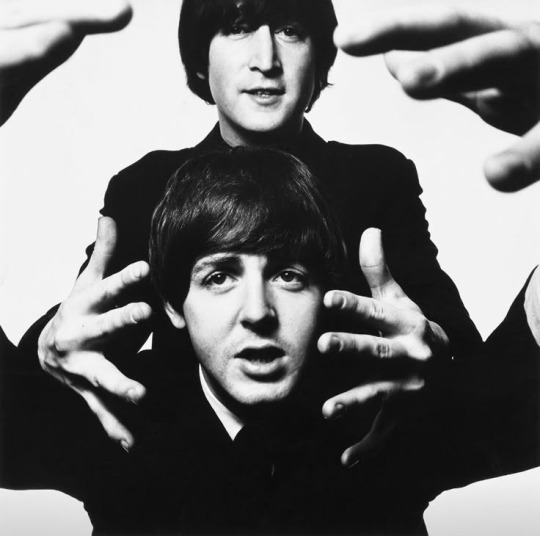

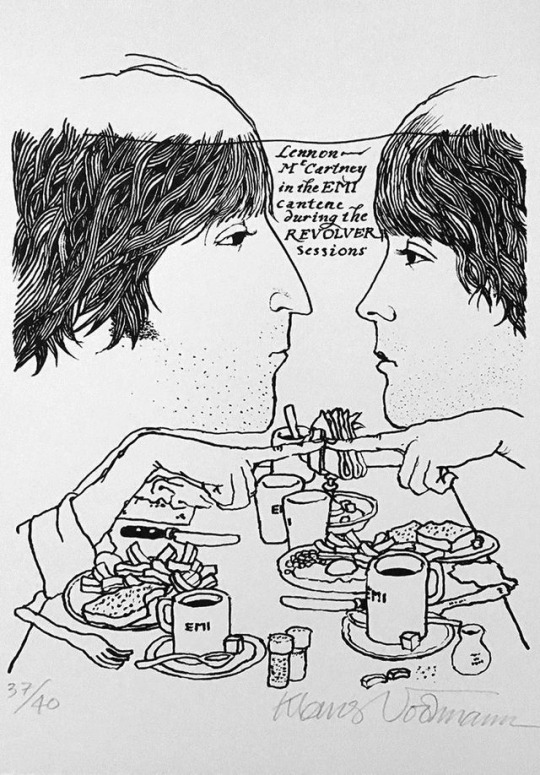

#just edited the original post with the links to the interview and the picture! they're actually from the pm project#also id love to hear your thoughts on it#if you still have the link to your post/ask!
102 notes
·
View notes
Text









Paul McCartney spoke about Pet Sounds; Photo of Paul with Brian Wilson, Madison Square Garden, December 1989
#mclennon#paul mccartney#john lennon#the beatles#the beach boys#here today#so... guys... I talked to my friend about this some time ago but I was gathering courage to put this on here#am I a little insane for thinking the two songs might be related?#we all know about the god only knows/paris thing#what if paul's inspiration for tug of war went way further in beach sounds?#the same titles are a given#but the lyrics are also similar#idk i just feel insane overall#mine
102 notes
·
View notes
Note
post drunk paul almost kissing ringo or i'll steal all your electronic devices this is a threat
189 notes
·
View notes
Text
Georgie photos that I liked and got from those groups in Facebook where almost everyone is 50 years older than me










Plus: the 4th one was taken by Paul
178 notes
·
View notes
Text







Oh Boy! by Buddy Holly; Paul and Linda at Buddy Holly party; Dear Boy, by Paul McCartney; John Lennon's Playboy interview; John's letter about Buddy Holly.
226 notes
·
View notes
Text






John Lennon is slowly taking over my mind I don’t know how to feel I’ve been drawing him and listening to his albums so much
601 notes
·
View notes
Text

One fun thing about paul mccartney is sometimes he will start talking in sphinx riddles
536 notes
·
View notes
Text

59 years since this diva messed up his face baaaad
574 notes
·
View notes
Text
I'M JUST A JEALOUS GUY
-
Lennon's jealousy has found himself showing aggression towards McCartney's various girlfriends over the years.
Peggy Lipton: John snarled at her when Paul brought her to dinner with the Beatles.
Jane Asher: John has clashed with on multiple occasions.
Linda McCartney: John, in 1971, publicly declared was not, in his opinion, “particularly attractive."
-
In 1986, Paul recalls John asking him to not sleep with Yoko Ono.
PAUL: "I mean, he warned me off Yoko once. You know, “Look, this is my chick!” ’Cause he knew my reputation. I mean, we knew each other rather well. And um, I felt… I just said, “Yeah, no problem. But I did sort of feel he ought to have known I wouldn’t, but.. You know, he was going through “I’m just a jealous guy”. He was a paranoid guy. And he was into drugs. Heavy.”
-
Robert Rosen, who read the diaries in 1981 after Dakota employee Fred Seaman stole them, was shocked to find that Lennon wrote about Paul "almost every day."
ROSEN: "Obviously I knew about the rivalry with McCartney, and the jealousy, but I think the extent of it... how often he thought about McCartney, and how jealous he was... I found that pretty shocking."
-
PAUL: I understood what happened when he first met Yoko. He had to clear the decks of his old emotions. He went through all his old affairs, confessed them all. Me and Linda did that when we first met. You prove how much you love someone by confessing all the old stuff. John’s method was to slag me off.”
John slagged Paul off to.. prove his love to Yoko?
-
In regards to Lennon’s early-70s defacement of Paul’s McCartney’s wedding photo,
PAUL: “Well, I mean, I think that starts to show the sort of pain he was going through. I think… […] If someone took your wedding photo and put ‘funeral’ on it [as he did on that manuscript], you’d tend to feel a bit sorry for the guy. You’d think, wait a minute.”
-
I was dreaming of the past,
and my heart was beating fast.
I was feeling insecure,
you might not love me anymore.
PAUL: [John] wrote ‘I’m Just A Jealous Guy’ and he said that the song was about me.
466 notes
·
View notes




